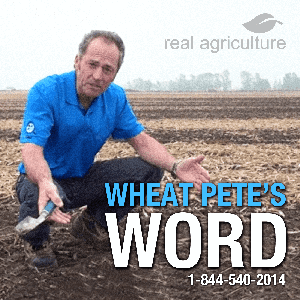
Sign up to save your podcasts
Or



By Kyle Okke & Jason Hanson
Two agronomists from North Dakota getting into conversations with others that work in agriculture, of course over a beer. Agronomy, Beer, Fun!
... more




4.9
4949 ratings



The podcast currently has 215 episodes available.










The podcast currently has 215 episodes available.

41,376 Listeners

228 Listeners

38,027 Listeners

17 Listeners

440 Listeners

126 Listeners

402 Listeners

114 Listeners

346 Listeners

1,017 Listeners

25 Listeners

49 Listeners

9 Listeners